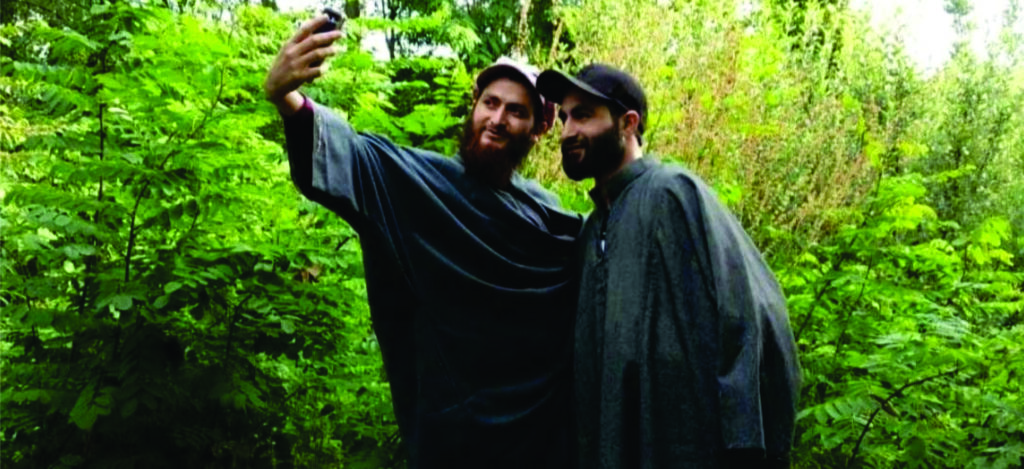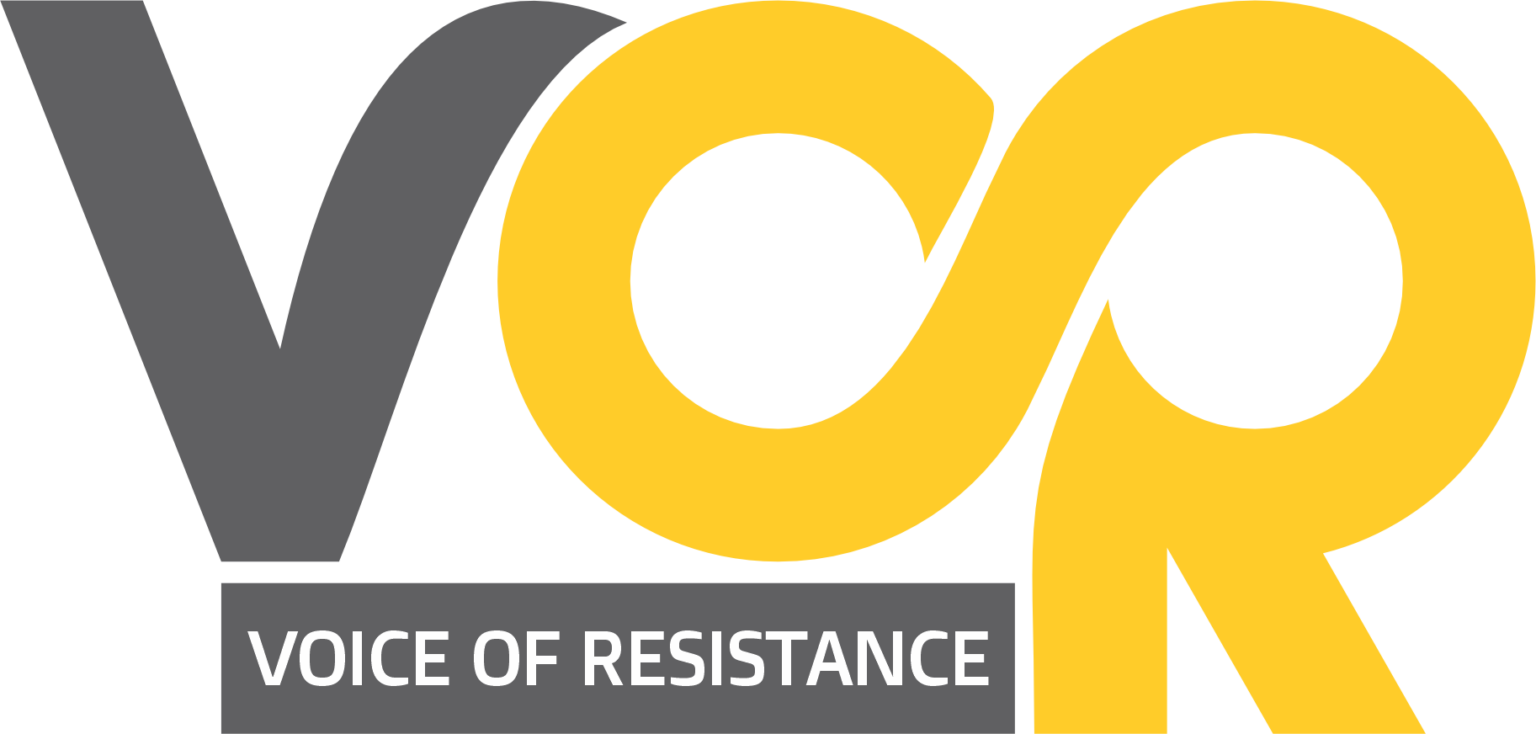
My Days With Saheed Dr. Mannan Wani
Mujtaba
That day, Bhatt hesitated to join me for a cup of tea at a small Dhaba near Aligarh Muslim University, where we were both pursuing our research. Despite my repeated pleas, he stayed glued to his phone, uninterested. Frustrated, I decided to leave him behind as a small act of protest. I was certain he would follow, but surprisingly, he didn’t. His absence felt strange.
When I arrived at the Dhaba, I noticed a new face, a young man sipping tea alone. Curious, I approached him, and that’s when I met Abdul Mannan, a student from the Kupwara district. We quickly struck up a conversation, and before I knew it, we had been talking for hours. By the time I checked the time, it was already past midnight. That evening marked the start of a friendship that would soon become unforgettable.
As the days went by, we watched Mannan rise within the university. He was driven, outspoken, and fearless, especially when it came to defending students’ rights. His passion for justice was inspiring, and his dedication was exemplary. His principles were non-negotiable, and it didn’t take long for everyone to notice. No one could have predicted that this new student would leave such a lasting impact on our lives.
Mannan quickly formed a vast circle of friends. He was social, yet grounded, always generous and humble. He often spoke of Kashmir—of its struggles, of its people, and of the ways the resistance movement could grow stronger, more resilient, in its fight against Indian occupation. His words resonated deeply with us. We admired him, not just for his stance, but for his courage in voicing it.
Over time, Mannan and I grew particularly close. We would often go out shopping, enjoy meals together, and even travel back to Kashmir as a pair a couple of times. Our bond became stronger with each passing day. On one of those days, just before a long break, he called me back to that same Dhaba for tea. This time, he was alone—no friends, no phone. He spoke about life, about Islamic heroes from history, their struggles, and their sacrifices. It felt like any other conversation, though in hindsight, there was a quiet finality in his tone that I failed to notice.
As the night wore on, I suggested we leave several times, but Mannan insisted on staying just a little longer. It’s hard not to wonder what I would have done had I known this was the last time I would ever see him so easily and sit with him in such a comfortable way. How would I have reacted?
The next morning, Mannan was gone. He left without saying a word to anyone. When his phone remained switched off for more than a day, whispers began circulating among his friends. Some spoke in hushed tones, realizing he had met them all with a certain solemnity in the previous days.
As I stared at the clock, waiting for news, a friend sent me a photo that shook me to my core. There was Mannan, in military fatigues, holding an automatic rifle. He had joined Hizbul Mujahideen, a native armed group fighting against Indian occupation in Kashmir. The image felt surreal, and I couldn’t immediately process my emotions. There was pride—I knew he had chosen a path that was indeed noble. But there was also sadness, a deep ache that he had left without saying goodbye. I would have hugged him, given him whatever little money I had, kissed his forehead and maybe bought him his favorite ice cream.
In those moments, I missed him more than anything. It was one of the hardest times of my life—my heart heavy with conflicting emotions. I knew Mannan had made his choice, but I wished he had let me share in that moment.
Soon after, rumors and controversy began to swirl, driven by a few self-serving students who wanted to distance themselves from his decision. But rest of us stood by him. We knew the kind of person he was, and we were ready to defend his choice, even if it meant facing difficult consequences.
I was at home. Four months had passed since Dr. Mannan had taken up arms and joined the ranks of armed resistance. One evening, I received a message on my phone, and instantly, I knew who it was. It was our beloved commander! My heart raced with a mixture of excitement and worry. Almost a month before his martyrdom in Shartgund Bala of Handwara, I was connected with him and at times went to see him on what he usually referred to as “point”, a secret rendezvous only a few trusted friends knew about.
In those meetings, I saw a different side of Mannan. He had always been brilliant, but now, his intellect shone with a sharper edge and his words laced with conviction. His sincerity and passion had grown stronger and more focused. This wasn’t just my friend anymore—he was a commander, a symbol of resistance. Every time we met, I could feel the weight of history on his shoulders and the responsibility he carried for our people’s future. The stories he shared with me during those days will forever remain in my heart, not just as memories, but as lessons that continue to inspire me. His words were filled with wisdom and his commitment to the cause was a constant reminder of what it means to live a life of purpose.
There was something profound about sitting with him during those secret meetings. Despite the obvious danger, Mannan exuded a calmness that put my own fears to rest. He never spoke of regret or hesitation, only of the path ahead. He would talk about the injustices our people faced and how the struggle for freedom was not just a fight for land, but a fight for dignity, for existence and for our religion. He believed that every person had a role to play, and he pushed me to understand my own responsibility in this larger movement. I often left our meetings feeling a renewed sense of duty, with his words echoing in my mind and urging me to do more.
Then, the inevitable day came, the day that no one close to him wanted to imagine. News of his martyrdom spread quickly. I remember the hollow feeling in my chest, the crushing realization that I would never hear his voice again and never meet him at “the point.” Mannan, my dear friend, had made the ultimate sacrifice.
In that moment of grief, I also felt a surge of pride. Men like Mannan are rare, and our movement has been blessed with such great souls who, without hesitation, gave everything they had for the cause of freedom. He could have chosen an easier life, a life of comfort and academic brilliance. But Mannan knew that his true calling lay elsewhere—in the service of his people, in fighting the occupation that had robbed Kashmir of its peace for decades. He was a symbol of hope, of resistance, of resilience. His martyrdom, though a loss for all of us who knew and loved him, was also a reminder of the price we must be willing to pay for our freedom.
We will never forget Dr. Mannan, nor the countless others like him who have walked this path. Their sacrifices are the foundation upon which our struggle stands today. Their courage continues to light the way for us and show us that the road to freedom is neither easy nor short, but it is necessary. Every drop of blood shed in this cause strengthens our resolve and every martyr reminds us of the duty we owe to those who can no longer fight alongside us. And so, in their memory, we will continue this struggle—until every chain is broken, until every shackle of oppression is cast aside, and until the dream of freedom becomes a reality for the people of Kashmir.
Mannan’s legacy will live on in the hearts of those who knew him, in the stories we tell, and in the resistance that continues. We will carry forward his dream, his vision, and his courage. And as long as we breathe, we will fight—because men like Mannan did not die for us to forget. They died so that we could remember, and so that one day, we could taste the freedom they fought for. The journey may be long but with the memory of heroes like Dr. Mannan guiding us, victory is not a distant hope—it is an inevitable reality.



